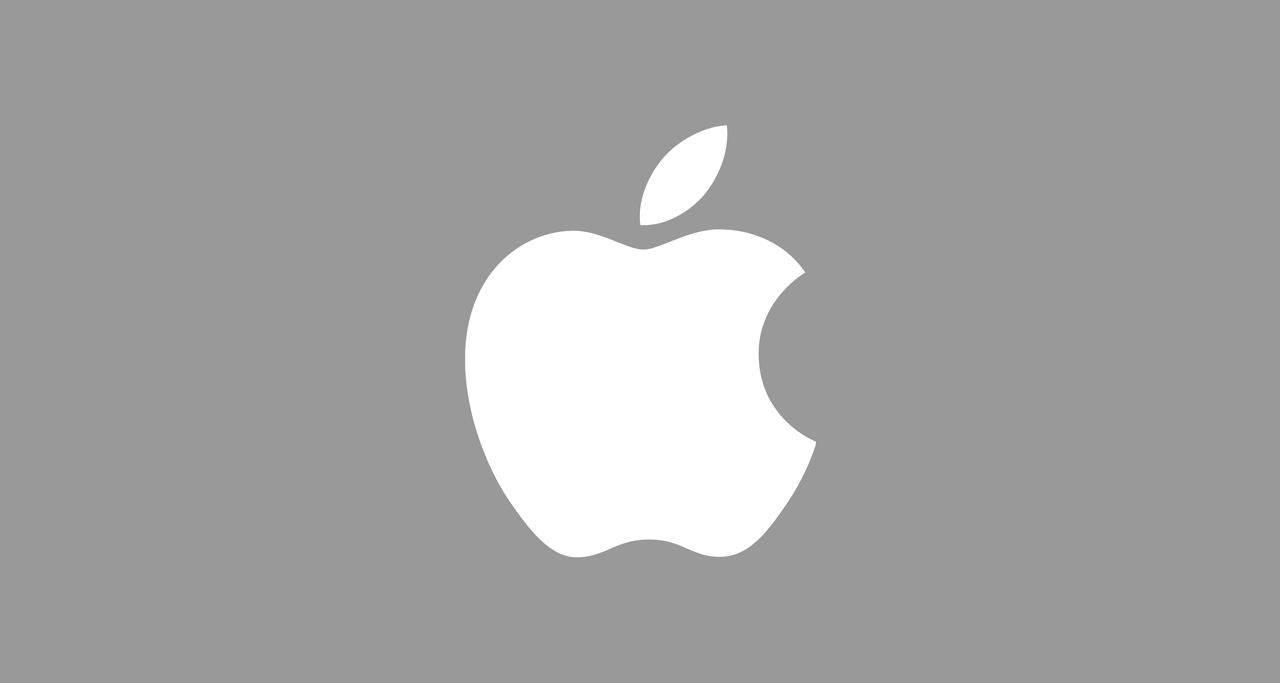Apple Vs Google: Who better protects your privacy?
Privacy & Security Posted on May 8, 2013

Apple and Google are two of the biggest giants in the world of technology and if you’re using a smartphone or tablet device, then chances are you’ve tied yourself to one of those company’s platforms and ecosystems. But with the issue of online privacy even more pertinent, and more inflammatory, in mobile sphere, which company has the better track record when it comes to protecting your data and which is more trustworthy?
Now, if you’re familiar with how Google and Apple make money, you may think you’ve got this question well and truly answered. Google makes 96% of its revenue from online advertising. The pay per click (PPC) industry is buoyed by a huge amount of data on the web-browsing, ad-clicking, and keyword searching habits of Google users. Apple on the other hand makes the vast majority of its revenue from the huge margins on the devices it sells and on the 30% cut it takes on any transactions via its platform.
So, who has the most to gain from violating your privacy? If you answered Google then well done! But evidently the story isn’t quite as clear cut as the above argument makes out (even though it’s an argument I’ve used a number of times on this blog!). Our friends at the Electronic Frontier Foundation recently published a great report, which ranks some of the biggest tech companies on a number of privacy-related criteria. The results, when it comes to Apple and Google, are pretty interesting.
The EFF’s criteria are as follows:
- Does the company require a warrant for content?
- Does it tells users about government data requests?
- Does it publishes transparency reports?
- Does it publish law enforcement guidelines?
- Will the company fight for user’ privacy rights in court?
- Will the company fight user privacy rights in congress?
Google managed to answer positively on five of the six questions. Apple only managed a positive answer on one question, according to the EFF. Here’s a breakdown on which of the EFF’s criteria each company managed to satisfy:
Apple:
- Will the company fight user privacy rights in congress?
Google:
- Does the company require a warrant for content?
- Does it publishes transparency reports?
- Does it publish law enforcement guidelines?
- Will the company fight for user’ privacy rights in court?
- Will the company fight user privacy rights in congress?
Apple’s positive score on fighting for privacy rights in congress comes from its membership of the Digital Due Process coalition. Google’s only foul, according to the EFF, is where it backtracked on its T&Cs this year, bringing ambiguity into whether or not it will notify users if governments are trying to access their data. Other than that, Google met all of the EFF’s criteria.
Who’s the best judge?
So judging by the EFF’s report, Google is the more privacy conscious than Apple and all you Android users can breath a sigh of relief. Well possibly. But if we look at the EFF’s questions they mostly pertain to government-led intrusions into privacy, rather than say, issues relating to data sharing between private companies, data mining and the protection of that data. The problem with Google, is that it has a terrible track record here compared to Apple.
Remember, last year Google was hit with the biggest fine in the FTC’s history for lying about the tracking the browsing habits of Safari users. Google was also found guilty by the FTC of deceiving users and violating its own privacy policy when it launched Buzz in 2010 and lets not forget the biggest scandal of all, when Google was forced to admit its Street View cars were stealing personal information from people’s home Wi-Fi connections (and then lied about it).
Apple has also endured a few scandals, most notably when the Wall St Journal revealed iOS apps were sharing the UDID of devices without user consent (Apple, to its credit, ended up ditching the UDID system altogether to fix the problem). But it seems Google is the company that most frequently gets into privacy-related scraps. So who is the most trustworthy? Do we go on track record, or the EFF’s findings? Let us know what you think in the comments below.
Suggest an edit on GitHub.


3 Comments
uwnthesis
12.05.2013
Google’s income comes from advertising. Bruce Schneier has said that the greatest and most dangerous cyber threat is probably data collection, which is dangerous than cyber warfare or crime.
The data flows like this:
Step 1 = Data Collection
Step 2 = Data Retention
Step 3 = Data Resale
Step 4 = Data Aggregation
The key defensive strategy lies in stopping stage 1 - Data Collection.
Rob
11.07.2015
Your name should be here
19.08.2017